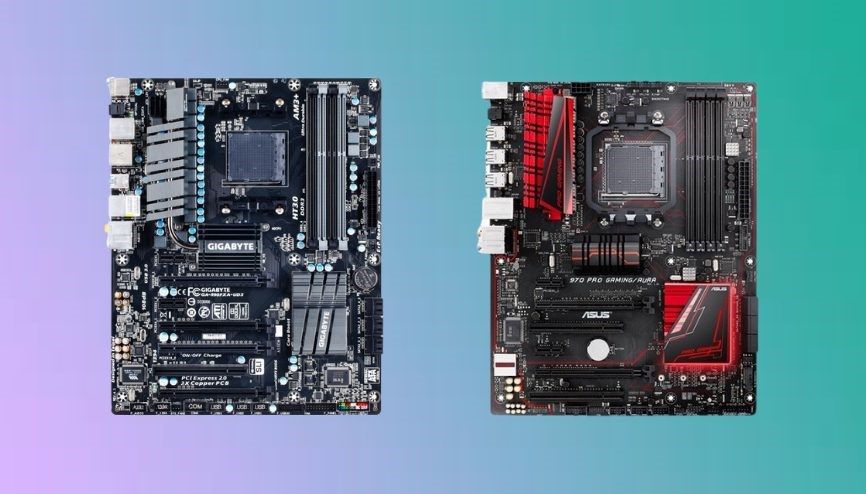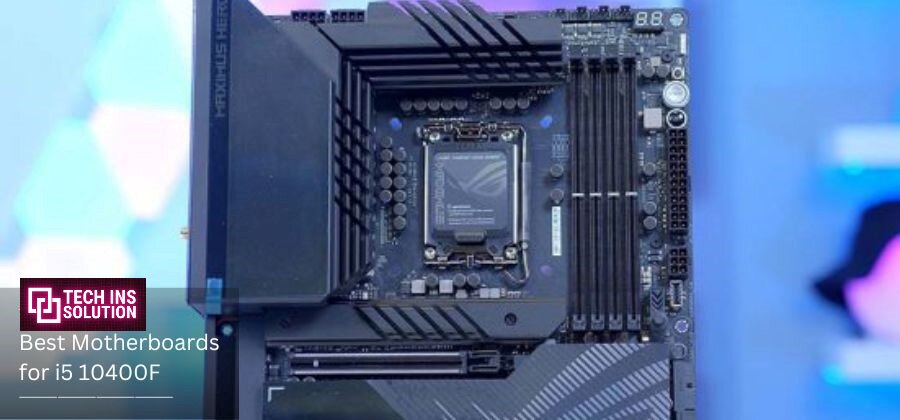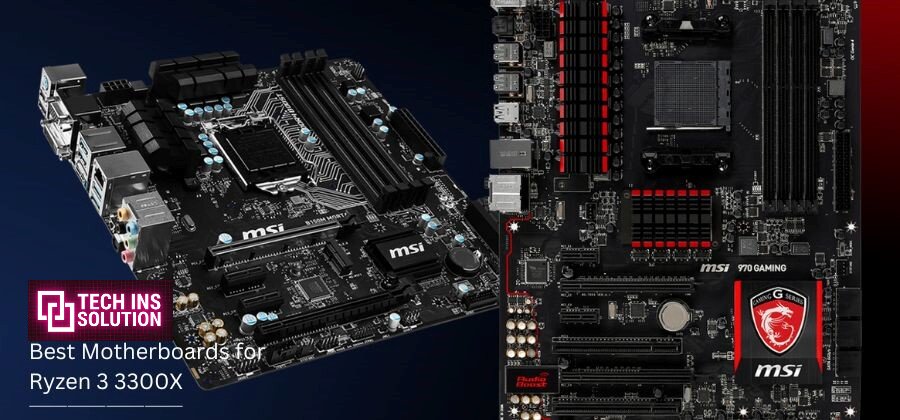Chrome can really gobble up your CPU power sometimes, right? I noticed it gets my laptop fan spinning fast just browsing some sites. The thing is, with how competitive Intel and AMD are now, CPUs are seriously powerful these days. My little laptop chip shouldn’t be breaking a sweat on basic browsing. But Chrome does some things that pump up the workload. It runs each tab, extension, and app as its own little process. Kind of like dividing and conquering, I guess. But man, does that add up fast? It’s also always preloading pages in the background and running background apps. Handy features, for sure, but really CPU-intensive. Then you got the eye candy stuff; it does like smooth video playback. That hardware acceleration is no joke on the processor either. If your CPU isn’t super beefy or stays cool, all that processing can fry things real quick. Fans blasting, laptops getting hot, and apps freezing up. No fun!
Luckily, there’s something you can tweak. Try dropping unneeded extensions, clearing out caches and cookies, or updating to the latest version. As a last resort, maybe try a different browser too if Chrome is just too much. So in summary, Chrome pushes CPUs for sure. If you notice it chugging, give it a tweak to find a better balance for your setup.
Why does Chrome use so Much CPU?
Chrome can be a real CPU hog sometimes. Let me break down some common reasons why:
- First up, having too many tabs open at once. Once you start pushing 10–15 tabs, it really piles on the workload for your processor. The RAM usage climbs too.
- Extensions are another potential problem. If you’ve got a bunch of extensions installed that you don’t really need, or some that are just plain demanding to run, that’ll zap your CPU power.
- The websites you’re on can make a difference too. Some pages are still pretty inefficient with all their ads, autoplay videos, and junk. All that extra stuff taxes your CPU.
- Watching videos, especially HD or 4K ones, is no joke for your processor. The more video-heavy tabs you have open, the harder Chrome will work on your CPU.
- So in summary, too many tabs, unnecessary extensions, inefficient websites, and video streaming are some of the of the main culprits that can cause Chrome to go ham on your CPU. Try paring some of those back and see if it helps tame that processor usage.
How to fix high CPU usage in Chrome?
Now that the most frequent causes of excessive CPU use have been discussed, it’s time to explore a possible solution. Let’s look at the solutions for high Chrome CPU usage!
- First things first, close all but one tab. Chrome gets really strained having tons open at once.
- Next, try refreshing the browser. Sometimes Chrome just gets bogged down over time and needs a reboot.
- Disable all your extensions too. They could be the culprit, so turn them all off temporarily to test.
- If disabling doesn’t help, go ahead and uninstall the extensions. That’ll remove anything potentially causing issues.
- Clearing your browsing history and cache is another good one. All those cookies and saved data add up over time.
- As a next step, backup you’re saved logins and bookmarks, just in case. Then reset Chrome’s settings to default to wipe out tweaks.
- If nothing’s worked so far, reinstalling Chrome altogether is worth a shot. Uninstall and do a clean install to rule out any underlying problems.
- Start with the simpler fixes first and work your way through these potential solutions. Hopefully one of these tips clears up Chrome burning through your CPU power!
Conclusion
Another big reason Chrome can go CPU is when you have it open alongside other programs. Just Chrome alone uses a lot of power, but combine it with other apps, and whoa, buddy, your processor is in for a workout. We all know videos gobble up resources like nobody’s business. YouTube, Twitch, and Facebook—all those streaming tabs slam the CPU. It was not a huge surprise there. Having too many tabs open at once is another killer. Once you get into the double digits, your poor CPU is drowning in work. Try paring it down to just a few tabs first. Extensions can also bog things down if they are resource hogs. Disable them all temporarily to narrow it down. Checking Task Manager periodically is smart too. It makes it easy to see if CPU usage goes down after troubleshooting steps. If nothing else works, resetting Chrome’s default settings may do the trick. Or reinstalling it as a last resort. The key is knowing Chrome demands power, so minimizing other processes and Chrome’s own resource demands is important. Hopefully some of these tips help optimize things a bit.
![Why does Chrome use so much CPU? [Reasons & Solutions] 2024](https://techinssolution.com/wp-content/uploads/2024/03/feature-3.jpg)
![Best GPU for Ryzen 5 5600X [Updated 2024]](https://techinssolution.com/wp-content/uploads/2024/02/1-1-1.jpg)

![Best GPU for i5 10600K [2024]](https://techinssolution.com/wp-content/uploads/2024/05/feature-image-1.jpg)
![8 Best GPU for Ryzen 7 5700G [2024] Guides](https://techinssolution.com/wp-content/uploads/2024/05/feature-image.jpg)
![Should I buy a tray Processor? [Explained with Pros & Cons]](https://techinssolution.com/wp-content/uploads/2024/04/feature-8-1.jpg)
![What are CPU Cores? [All functions explained] 2024](https://techinssolution.com/wp-content/uploads/2024/03/feature-img-2.jpg)


